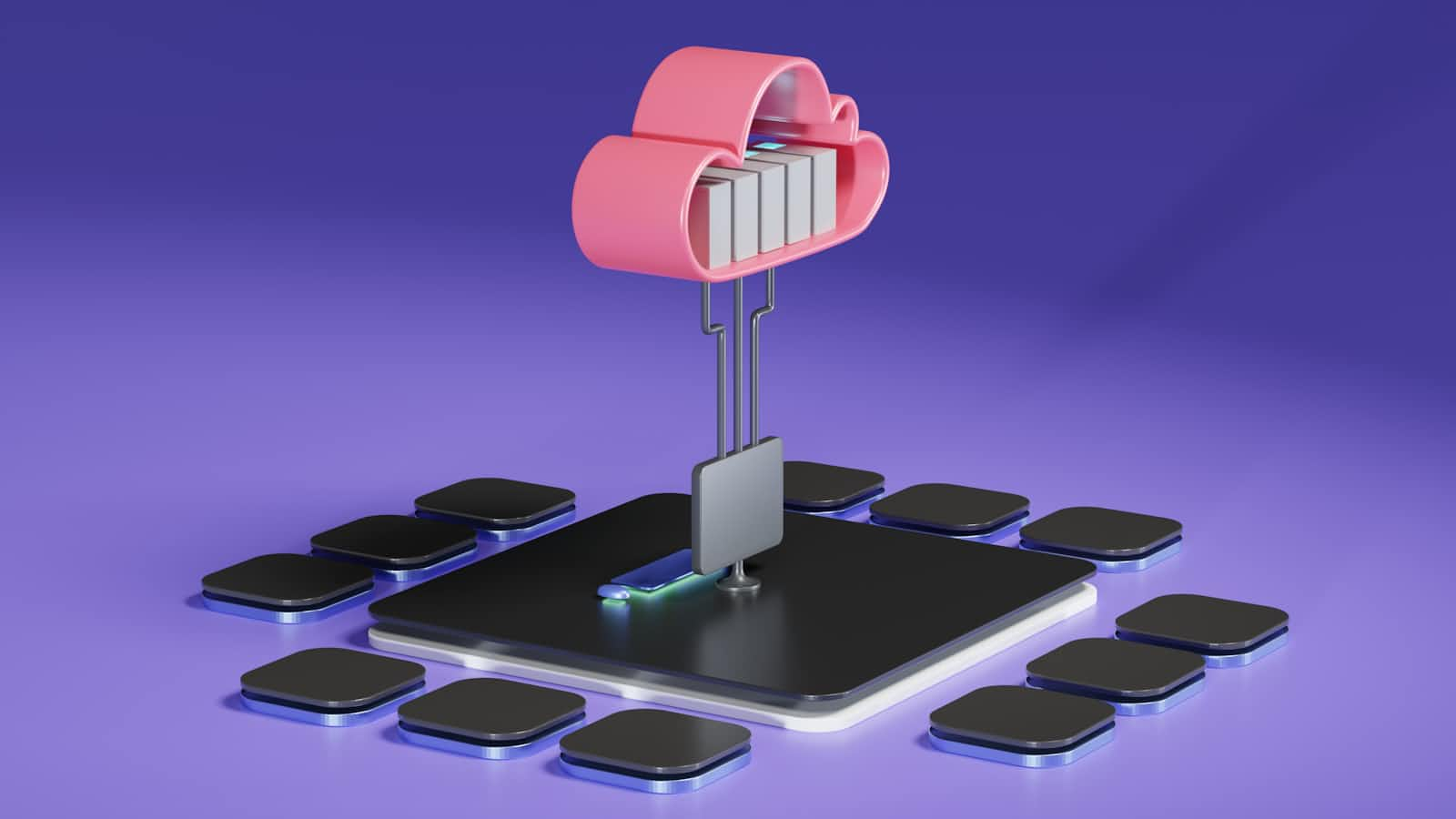quantum computer
 Harsh Goswami
Harsh Goswami
In recent years, quantum computing has emerged as one of the most exciting fields in technology. As traditional computers reach their limits in processing power and speed, quantum computers offer a new paradigm that could revolutionize how we solve complex problems. But what exactly is quantum computing, and how does it differ from classical computing? In this blog, we’ll explore the fundamental concepts of quantum computing, its potential applications, and the challenges it faces.
What is Quantum Computing?
At its core, quantum computing leverages the principles of quantum mechanics, a branch of physics that deals with the behavior of matter and energy at very small scales, like atoms and subatomic particles. Unlike classical computers, which use bits as the smallest unit of data (represented as either 0 or 1), quantum computers use qubits. Qubits can exist in a state of 0, 1, or both simultaneously due to a property called superposition.
Moreover, qubits can be entangled, meaning the state of one qubit can depend on the state of another, no matter how far apart they are. This phenomenon allows quantum computers to process a vast amount of information simultaneously, providing the potential to solve problems much faster than classical computers.
How Quantum Computing Works
Qubits and Superposition: As mentioned, qubits can exist in multiple states at once, allowing quantum computers to perform many calculations simultaneously. This ability is a significant departure from classical computing, where a bit can only represent one value at a time.
Entanglement: When qubits become entangled, the state of one qubit can instantaneously affect the state of another, regardless of distance. This interconnectedness enables quantum computers to perform complex calculations more efficiently than classical systems.
Quantum Gates: Similar to logic gates in classical computing, quantum gates manipulate qubits through operations that change their states. By applying a series of quantum gates, quantum computers can execute complex algorithms that leverage superposition and entanglement.
Potential Applications of Quantum Computing
Quantum computing holds the promise of transforming various industries and solving problems that are currently intractable for classical computers. Here are some potential applications:
Cryptography: Quantum computers could break current encryption methods, prompting the need for new quantum-resistant algorithms. On the flip side, they could also enable new forms of secure communication through quantum key distribution.
Drug Discovery: By simulating molecular interactions at an atomic level, quantum computers can accelerate the discovery of new drugs and materials, making the research process significantly more efficient.
Optimization Problems: Industries like logistics, finance, and manufacturing often deal with complex optimization problems. Quantum computing can help find optimal solutions faster than traditional methods.
Artificial Intelligence: Quantum computing could enhance machine learning algorithms by processing vast datasets more efficiently, leading to breakthroughs in AI research.
Climate Modeling: Quantum computers can simulate complex systems, such as climate models, allowing for better predictions and strategies to combat climate change.
Challenges Facing Quantum Computing
While quantum computing offers exciting possibilities, several challenges must be addressed before it can be widely adopted:
Decoherence: Qubits are highly sensitive to their environment. Even minor disturbances can cause them to lose their quantum state, a phenomenon known as decoherence. Developing stable qubits is crucial for practical quantum computing.
Error Rates: Current quantum computers have relatively high error rates, making reliable calculations difficult. Researchers are working on error correction techniques, but significant advancements are still needed.
Scalability: Building large-scale quantum computers is a complex task. As more qubits are added, maintaining coherence and managing errors becomes increasingly challenging.
Workforce Development: The field of quantum computing requires a specialized skill set, including knowledge of quantum mechanics, computer science, and mathematics. Educating a new generation of scientists and engineers is essential for the technology’s growth.
Conclusion
Quantum computing represents a significant leap forward in computational power and has the potential to revolutionize industries across the globe. While challenges remain, ongoing research and development are bringing us closer to realizing the full capabilities of quantum computers. As we continue to explore this fascinating frontier, the implications for science, technology, and society could be profound.
Connect with Me on Social Media 📱
I love engaging with fellow developers and readers! If you have any questions, feedback, or just want to connect, feel free to reach out to me on social media. You can find me on Twitter and LinkedIn. I look forward to hearing from you and continuing the conversation! 🌐
Subscribe to my newsletter
Read articles from Harsh Goswami directly inside your inbox. Subscribe to the newsletter, and don't miss out.
Written by

Harsh Goswami
Harsh Goswami
Harsh | Frontend Developer 👨💻 I’m a passionate frontend developer with 2 years of experience at Softcolon Pvt Ltd. I specialize in creating responsive, user-centric web applications using modern frameworks like React.js, Next.js, and Remix. Currently, I’m focused on enhancing my skills in web development and exploring new technologies. When I'm not coding, you’ll find me collaborating with developers worldwide, participating in hackathons, or working on my portfolio website. I’m also considering starting a blog to share insights and connect with the frontend community. Let’s build amazing things together!